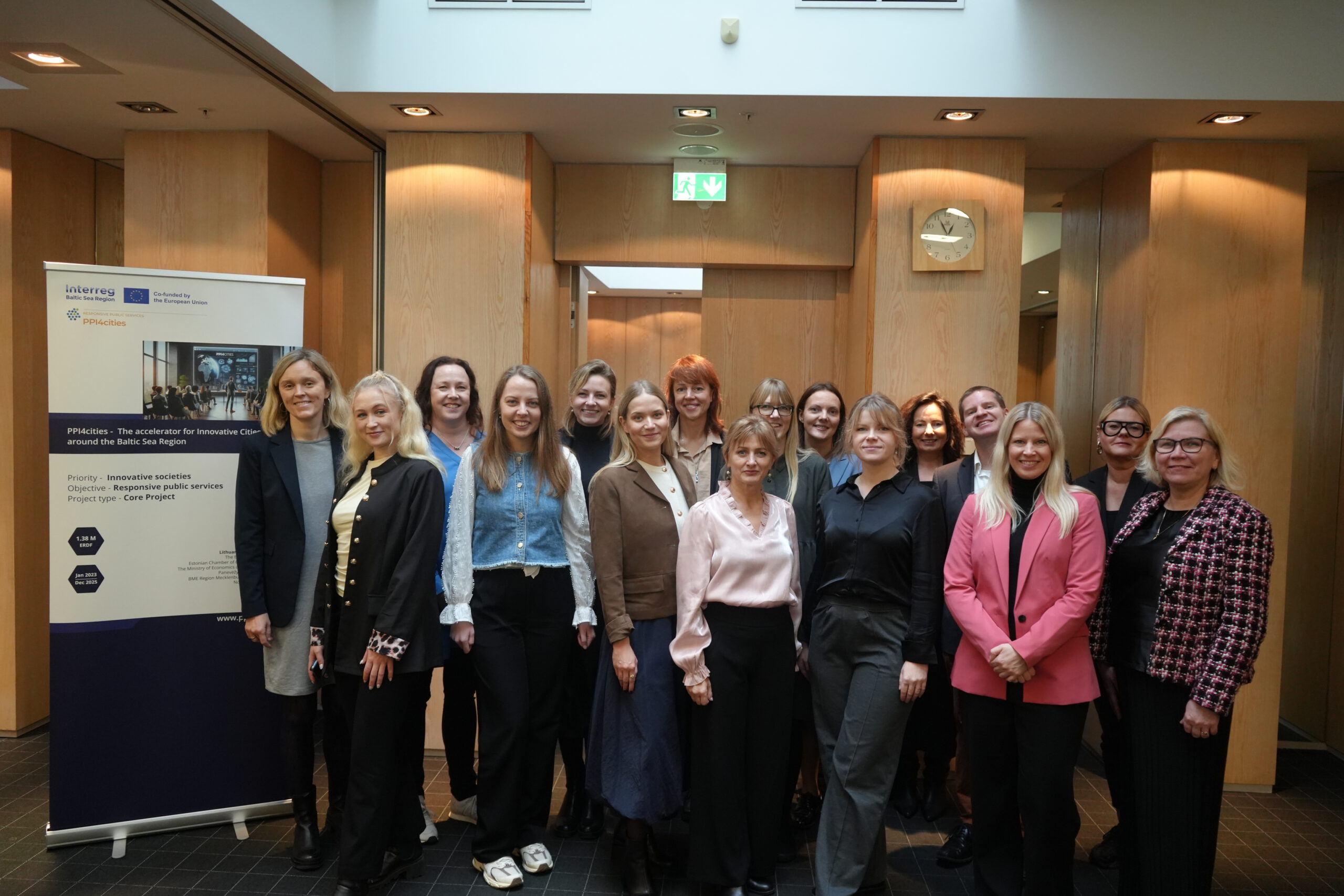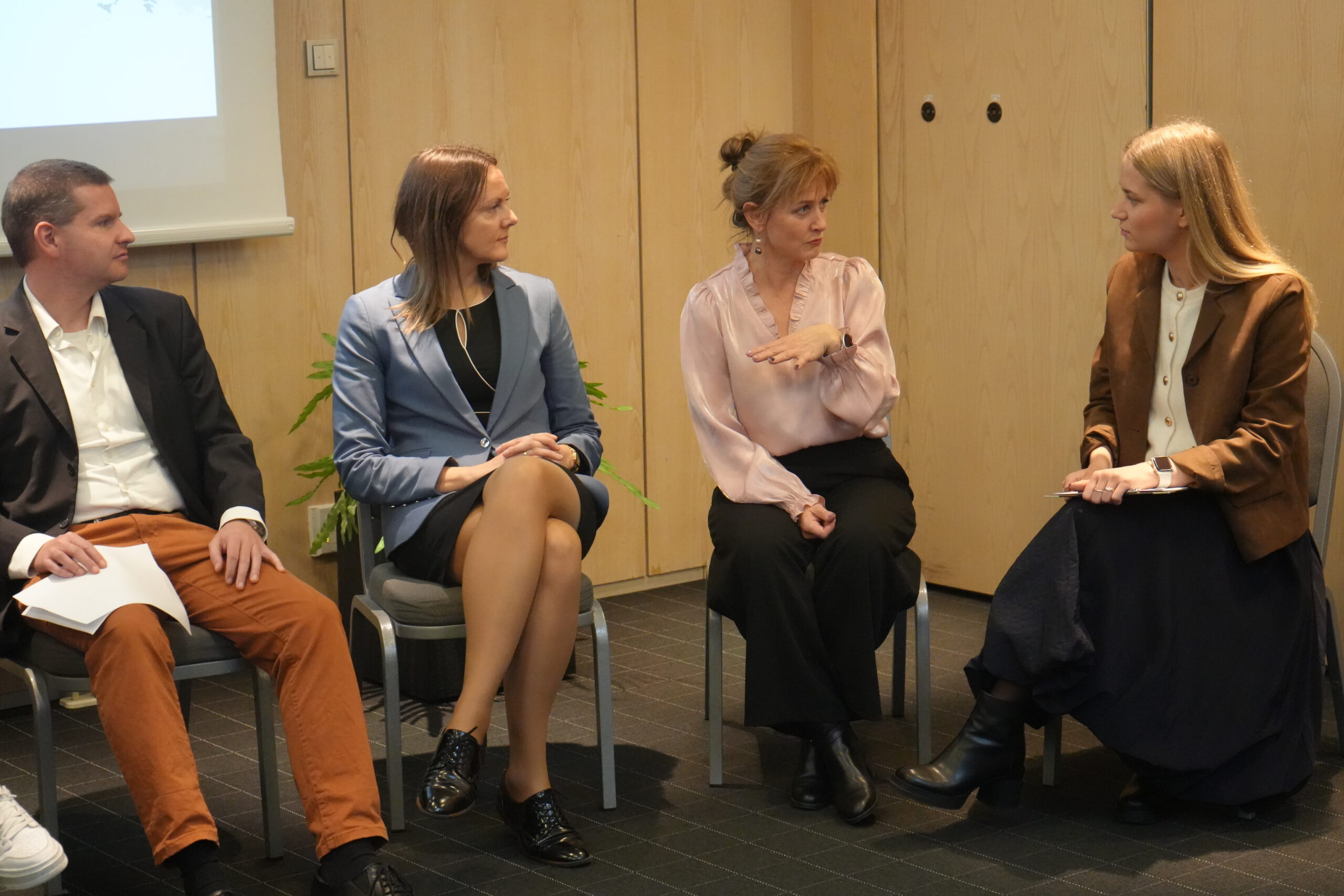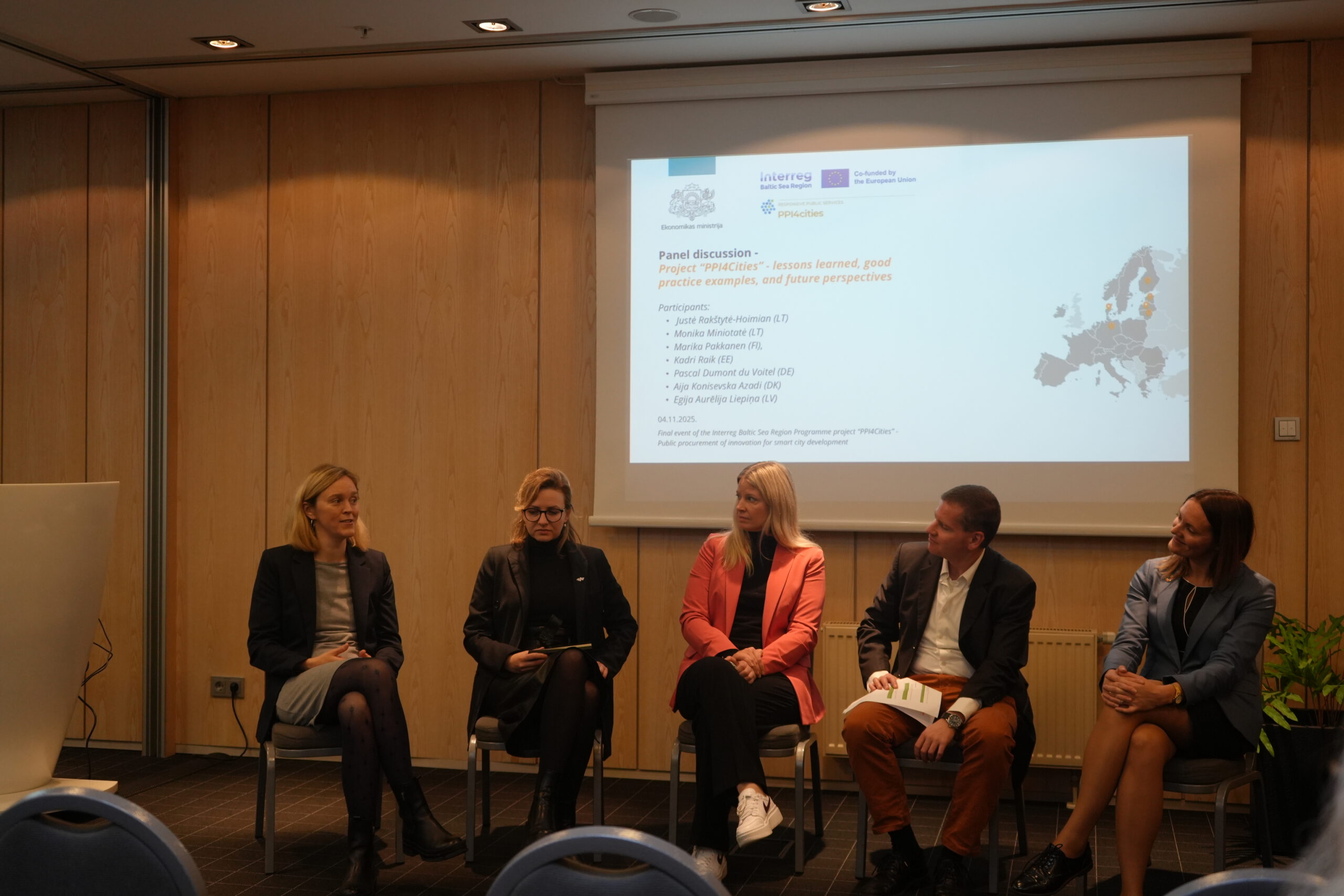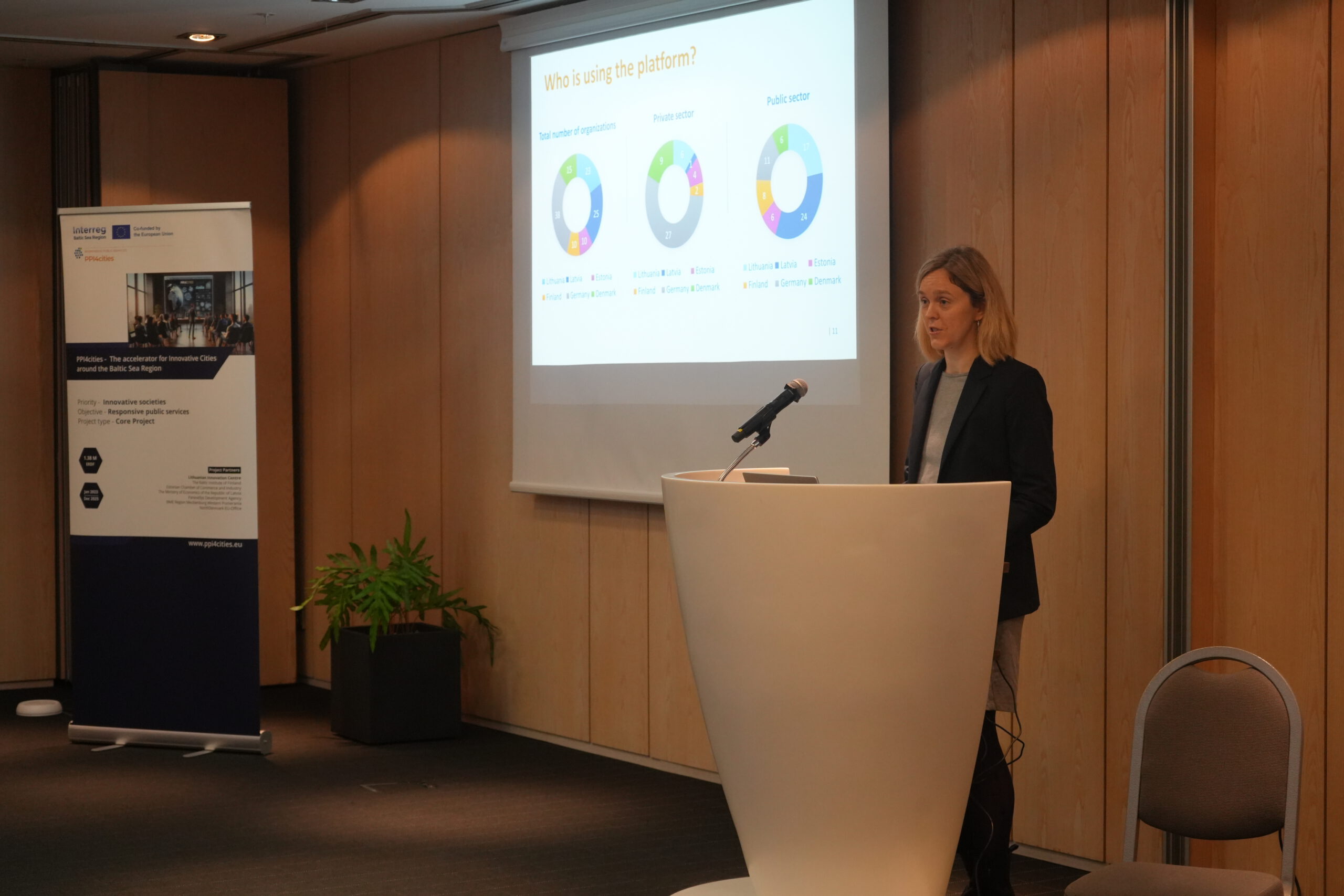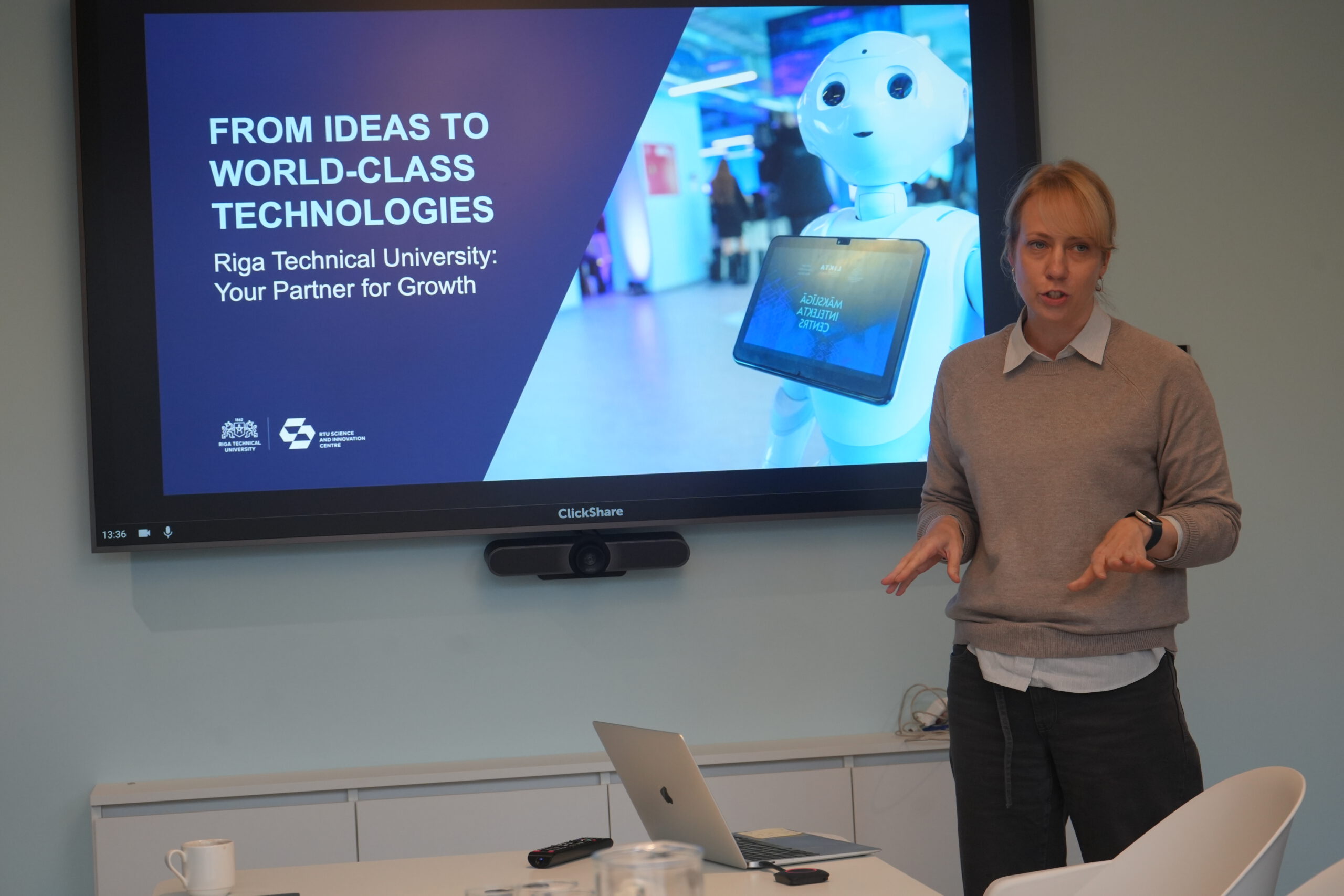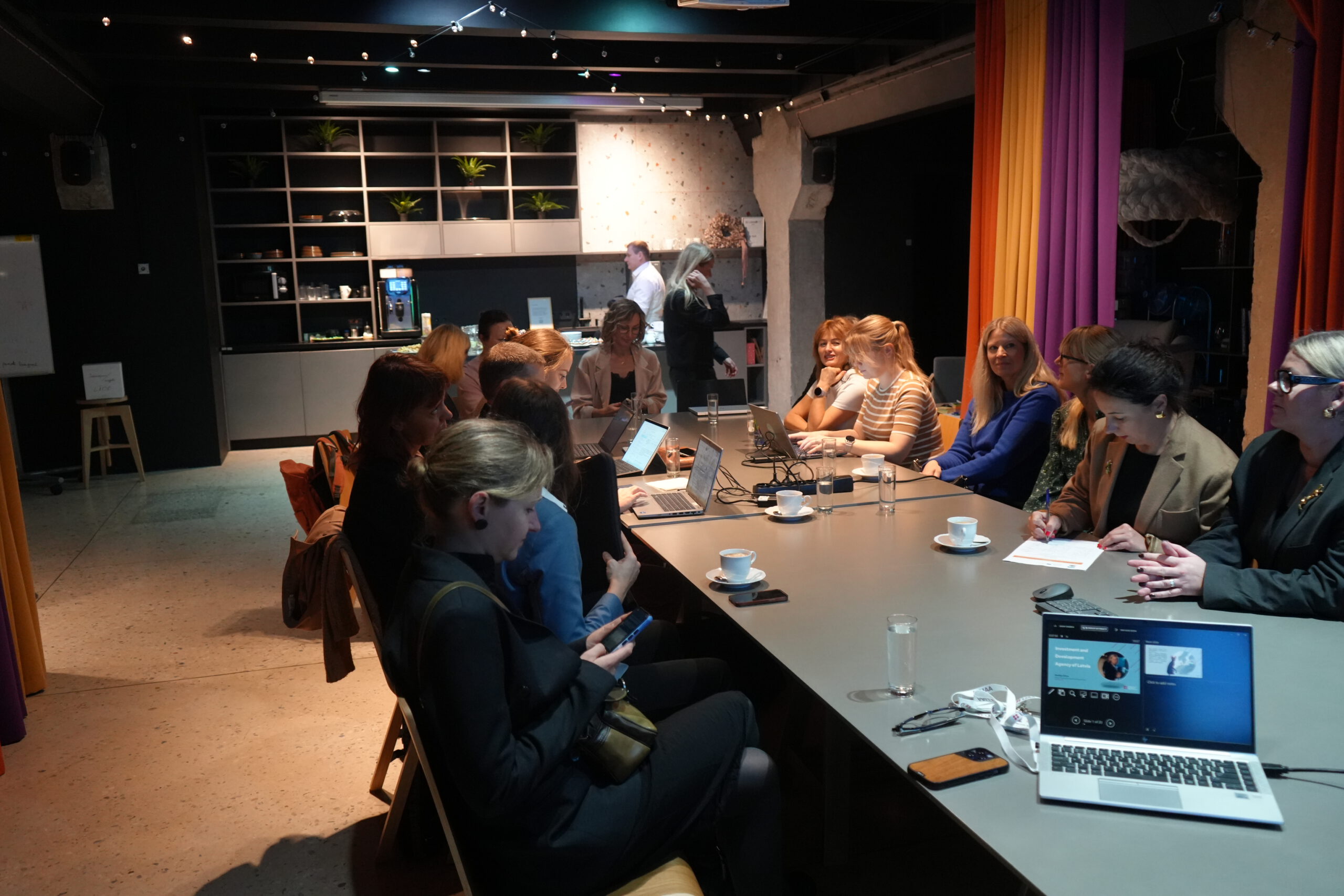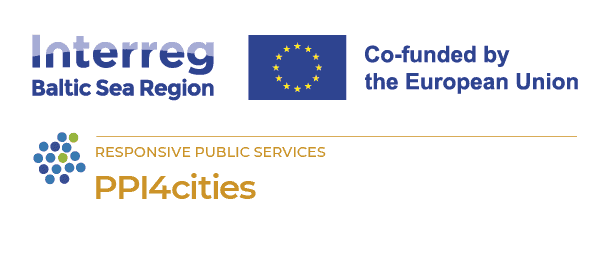
PPI4Cities Project Final Meeting Highlights Collaboration and Future Opportunities
10 November 2025
The final meeting of the PPI4Cities project took place in Riga, bringing together representatives from ministries, municipalities, innovation agencies and project partners across the Baltic Sea Region. Over two days, participants shared key project achievements, discussed challenges and explored how innovation procurement can continue driving smarter, more sustainable city development in the region.
The event was opened by the Ministry of Economics of the Republic of Latvia, emphasizing the strategic importance of innovation procurement in public sector modernization. Project partners reflected on the results achieved in strengthening institutional capacity, developing practical tools and promoting knowledge exchange among cities and regions.
Project Results: Tools, Recommendations and Good Practices
Throughout the project, PPI4Cities worked to make Public Procurement of Innovation (PPI) more accessible and applicable for municipalities. Key outcomes include:
- Policy Recommendations to support the strategic integration of innovation procurement into national and municipal frameworks. These highlight the importance of strong governance, leadership, risk management structures and cross-sector dialogue.
- City Labs implemented in partner cities, which provided a structured and collaborative model for exploring innovation needs and testing solutions. The City of Tartu presented how the CityLab approach helped build confidence and shared responsibility for innovation tasks.
- Good Practice Collection & Knowledge Base published in the PPI4Cities Platform (www.ppi4cities.eu), offering practical examples, tools and learning materials for procurement specialists and decision-makers across Europe.
These resources are designed to remain accessible beyond the project lifetime, supporting public institutions in starting or scaling innovation procurement initiatives.
Who Benefits from PPI4Cities
The PPI4Cities approach is designed to create value for multiple groups involved in urban innovation. Cities benefit from expanded networks and opportunities to collaborate on impactful projects that strengthen innovation capacity and local development strategies. Companies gain a platform to present innovative solutions and engage directly with cities that are looking for new approaches to public service delivery. Meanwhile, individuals—including municipal staff, students, and community members—have the opportunity to participate in gamified learning experiences that build both personal skills and shared competencies for solving real urban challenges.
Shared Insights and Future Perspectives
During a panel discussion, project partners highlighted the value of international cooperation, peer learning and engaging both public and private stakeholders early in the process. Participants agreed that:
- Innovation procurement requires clear frameworks, but also flexibility to experiment and learn.
- Financial and legal support systems remain key to increasing confidence among public buyers.
- Continued cross-border collaboration and dialogue will be essential to maintain and expand the network formed during the project.
The meeting concluded with a strong message: innovation procurement should become everyday practice, not an exception. Small pilot projects, open communication and sustained partnerships will support cities in shaping smarter, more resilient services for residents. As many participants noted, “innovation is driven by people”—enthusiasm, collaboration and shared purpose remain key to advancing sustainable and resilient cities.






